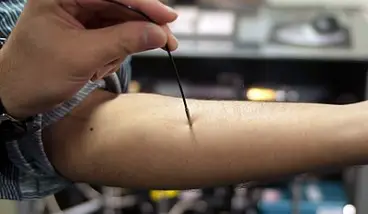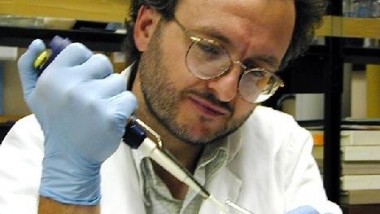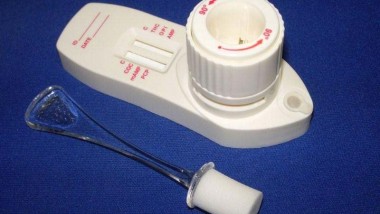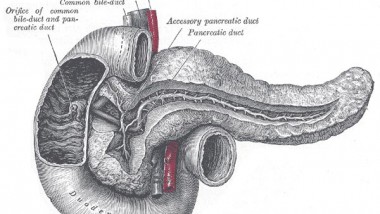Diabetes is a chronic condition affecting millions of people worldwide, and its impact can be devastating if left untreated. Managing diabetes involves a combination of lifestyle changes, regular monitoring, and, most importantly, medication. Medications play a pivotal role in controlling ...
Shining a Light on Diabetes
Researchers from Massachusetts Institute of Technology recently advanced a major step towards minimizing pain and inconvenience for patients with type 1 diabetes. Such people must keep a careful eye on their blood glucose levels, and therefore they are required to ...
Type 1 Diabetes Nanoparticle Vaccine
Researchers at the University of Calgary in Canada have developed a nanoparticle vaccine for Type 1 diabetes. The vaccine, successfully tested on mice, was designed to stop the autoimmune response responsible for causing Type 1 diabetes in children without damaging ...
Saliva Test to Catch Early Diabetes
Scientists from Oregon and Indiana are developing a simple saliva test that can diagnose and monitor treatment of type 2 diabetes. The new test may improve the doctors’ diagnostic abilities, bring forward diabetes treatment, and ultimately increase patients’ life expectancies. ...
Sweet Hope for Type 1 Diabetics
Researchers at the Beth Israel Deaconess Medical Center (BIDMC) in Boston have found a three-drug therapy, which is successful in eliminating insulin-resistance and autoimmunity against insulin-producing cells in mice suffering from type 1 diabetes. The three-drug regimen, consisting of drugs ...
Insulin Nanodrug Under Development
Insulin, a hormone secreted by the pancreas, controls the level of sugar in the blood. Diabetic people suffer from low levels of insulin production and/or from abnormal resistance to the insulin hormone with inadequate levels of insulin secretion to compensate ...
Painless injections using jet power
Most people find needles painful, not to say frightening. Needle-free injections were invented a long time ago, using jet power to insert proteins such as insulin or hormones into the body. However, this method is not commonly used mainly because ...
Non-Invasive Blood Glucose Monitor
The Israeli company OrSense has developed a new non-invasive technology for monitoring blood glucose levels for diabetes. The new technology will completely eliminate the need to draw blood, an ordeal that millions of people suffering from this incurable disease have ...







